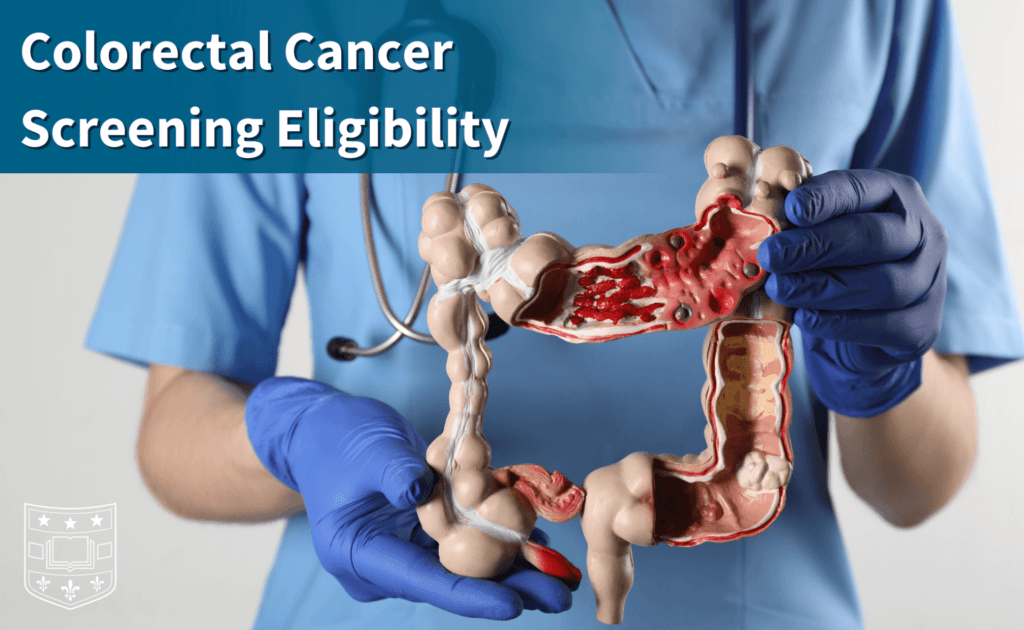Early screening for colorectal cancer is crucial because it significantly increases the chances of successful treatment and survival. Here's a breakdown of its importance:
- Prevention through Polyp Detection:
- Colorectal cancer often develops from precancerous polyps, which are growths in the colon or rectum. Screening tests can detect these polyps, allowing doctors to remove them before they turn into cancer.
- This preventative aspect is a key advantage of colorectal cancer screening.
- Early Detection for Better Outcomes:
- When colorectal cancer is detected in its early stages, it's much easier to treat.
- Early-stage cancers are often localized, meaning they haven't spread to other parts of the body, which greatly improves the likelihood of a cure.
- Conversely, advanced colorectal cancer, which has spread, is significantly more difficult to treat, and survival rates are much lower.
- Asymptomatic Nature of Early Cancer:
- In the early stages, colorectal cancer often doesn't cause any noticeable symptoms.
- This means that people can have the disease and not even know it, making screening essential for early detection.
- Reduced Mortality:
- Regular colorectal cancer screening has been proven to reduce the risk of dying from the disease.
- By finding and removing precancerous polyps or detecting cancer early, screening saves lives.
- Types of screening available:
- There are multiple different types of screening tests that can be used. These include, stool tests, and visual tests like colonoscopy's. This allows options for different people and comfort levels with testing.
In essence, early screening for colorectal cancer is a proactive approach to protecting your health.
It allows for the prevention of cancer and the early detection of cancer, when it is most treatable.



